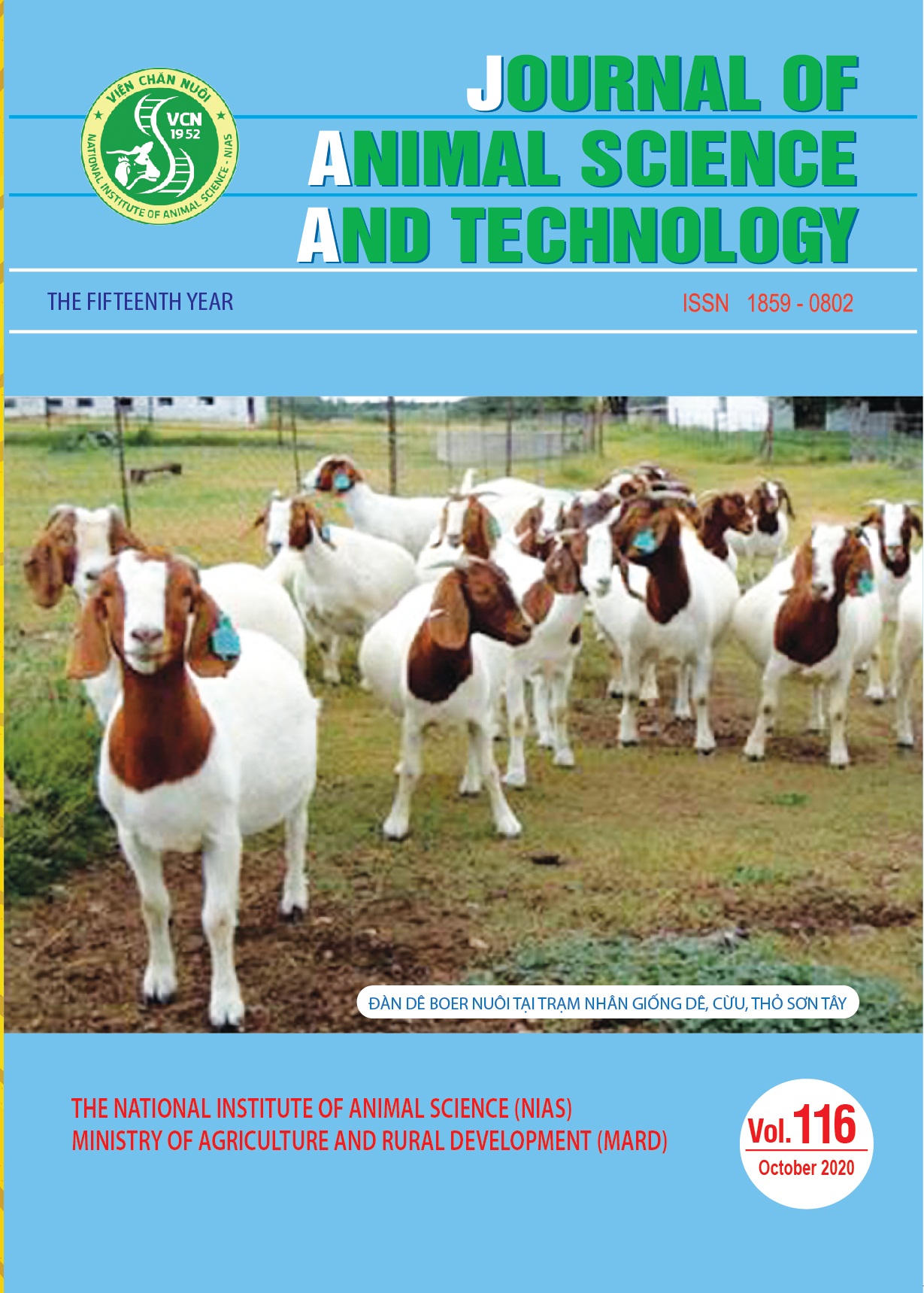Preliminary results of in vitro greenhouse gases production and feed digestion affected by different probiotic additions with rumen fluid of beef cattle as an inocculum source
This study aimed to evaluate the gas, CH4, CO2 and organic matter digestibility affected by 4 different probiotics. It included two in vitro experiments, which were arranged in 2 similar completely randomized designs with 5 treatments and 3 replications. Five treatments of Exp1 were non-probiotic supplementation (NP) the others were 0.25% of Vime-Subtyl, Vime-Bacilac, Biotic and Calphovit supplementation (DM basis) to Para grass (Brachiaria mutica) as a basal substrate. In Exp 2, the same percentage and kinds of probiotic supplementation of Exp 1 were done, however the main substrate were 80 (%DM) Para grass and 20 (%DM) concentrate feed including broken rice and soybean extraction meal and crude protein level in the substrate was fixed of 14.0 % (DM).
The results show that in Exp 1, CH4 production at 72h of Vime-Bacilac and Calphovit (04.3 and 93.5 ml/g DOM, respectively) was significantly lower value compared to the others (P<0.05). OM digestibility (%) of Control (49.8) was significantly lowest (P<0.05) than the others. The results of Exp 2 indicates that CH4 production at 24 and 72h of Calphovit (88.7 and 117 ml/g DOM, respectively) was the lowest compared to the others (P<0.05). The conclusion is that in vitro CH4 production was different by probiotic sources. The probiotics that reduce methane production well from high to low were Calphovit, Biotic, Vime-Subtyl and Vime-Bacilac.

